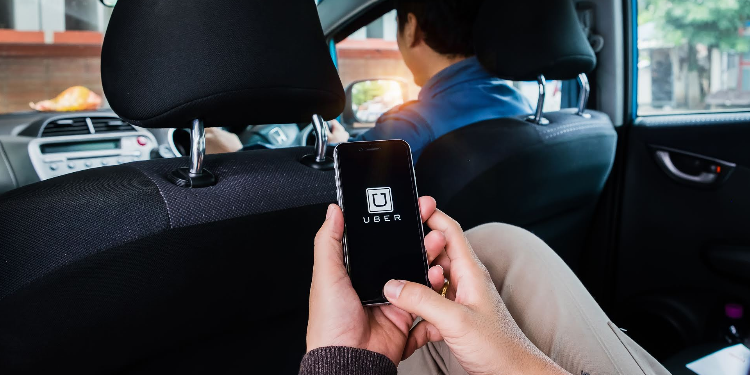
Uber has found itself under a lot of criticism in the past year and has seen threats of its licence being stripped in several cities across the planet. The taxi service has become an essential tool for anyone living in a big city. But what happens when Uber’s licence gets revoked? And what happens when a frequent Uber user moves to a country where there is no Uber?
From the moment the seat belt sign extinguishes, a sense of anticipation builds. Passport stamped? Check. Baggage collected? Check. Customs cleared? Check, and then out you step as an expat into Arrivals in an unfamiliar country. Whether this is your first or twenty-first venture as an expat, there is always excitement when starting somewhere new.
Now to get to your accommodation; smart phone on, data connected - you did get a local SIM card, didn't you? Open the Uber app: - ‘Uber not available in this location.' What? They were previously, you used them when you came for the interview all those months ago. The moment of dread, something you relied on heavily in your last place, is not available here.
Buses may be an alternative, but how many of us know where they go when we first arrive 'in-country'? Besides, unless you are one of these annoying people who can pack an entire month's worth of clothes in a handbag, you are burdened with an untold number of suitcases, and most local services are not suitable for such travellers. Not knowing any other options, you are left with little choice other than to grab an airport taxi, often considerably more expensive than other operators, and it leaves you wide open and vulnerable to being scammed as a newcomer.
Arrival at a new destination can often be a little bewildering at the best of times, and to get you over your first few hours in this state of bemusement, it would be ideal to have someone pick you at the airport and get you settled. But for many of us this isn't an option; we are on our own. So, what can we do to make sure we don't get Uber-stranded? The answer is simple - plan beforehand. Check out for guides and government information.
So, why do we choose to rely on the apps we are familiar with? According to the CEO of SurveyMonkey, Zander Lurie, it is because consumers are addicted to apps. We find it convenient to call a taxi using an app, to know how much the fare will be, and not need to pay the driver directly. (We may not even have the correct currency for the country). According to ExcellentWebWorld, this is what is known as a value proposition; the consumer gets added value from the transaction by having shorter waiting times, lower fares, some fixed price journeys, and promotional fares or even free rides. They are like comfort food – familiar and satisfying. Drivers benefit by having flexible working hours and easy payment procedures. Uber get their share by taking a percentage of each fare without the need to own a single vehicle, although they do now own a fleet of lease vehicles which can be rented allowing drivers quicker access to the business, especially handy for new Uber drivers. A win:win situation all round? Not quite.
Over several years, licensing authorities have raised concerns about unlicensed drivers, uninsured vehicles, safety, and convicted criminals operating in the Uber system. Uber's own figures in its safety report acknowledged 5,981 reports of sexual abuse between drivers and passengers on the service between 2017 and 2018. These allegations have been mounting more recently. Uber is not the only one to suffer these accusations. Other ride-hailing operators such as Lyft, have faced similar allegations. Recently, Transport for London announced it was removing Uber's licence to operate in London, citing over 14,000 journeys with 43 drivers that breached regulations. Other cities and countries have refused or removed licences to operate.
More worrying is that despite the popularity of such services and the support of the business model from those in the know, Uber and Lyft have plenty of revenue but are not making a profit, leading to speculation from people such as Mr Lurie, that they will be forced to turn their attention from growing the business to attempting to make a profit by raising fares again.
Of course, Uber and Lyft are not the only taxi operators who use apps. Search the internet and you may find a local company that also offers ride-hailing apps, as more companies realise the benefits of such a service. We can only guess whether this growth will continue, particularly with the growing focus on climate change and pollution.
Although the more efficient use of vehicles is cited by these operators as being beneficial to the environment, there is speculation that these operators are actually increasing the amount of traffic on the roads in already crowded cities, and taking passengers away from the mass transit systems that may operate in these areas.
Although ride-hailing services are convenient, perhaps we would be wise not to rely on them too heavily and seek alternative options should your favourite app not be available at your destination. After all, you don't want to be the one standing at the kerb surrounded by suitcases, do you?



















